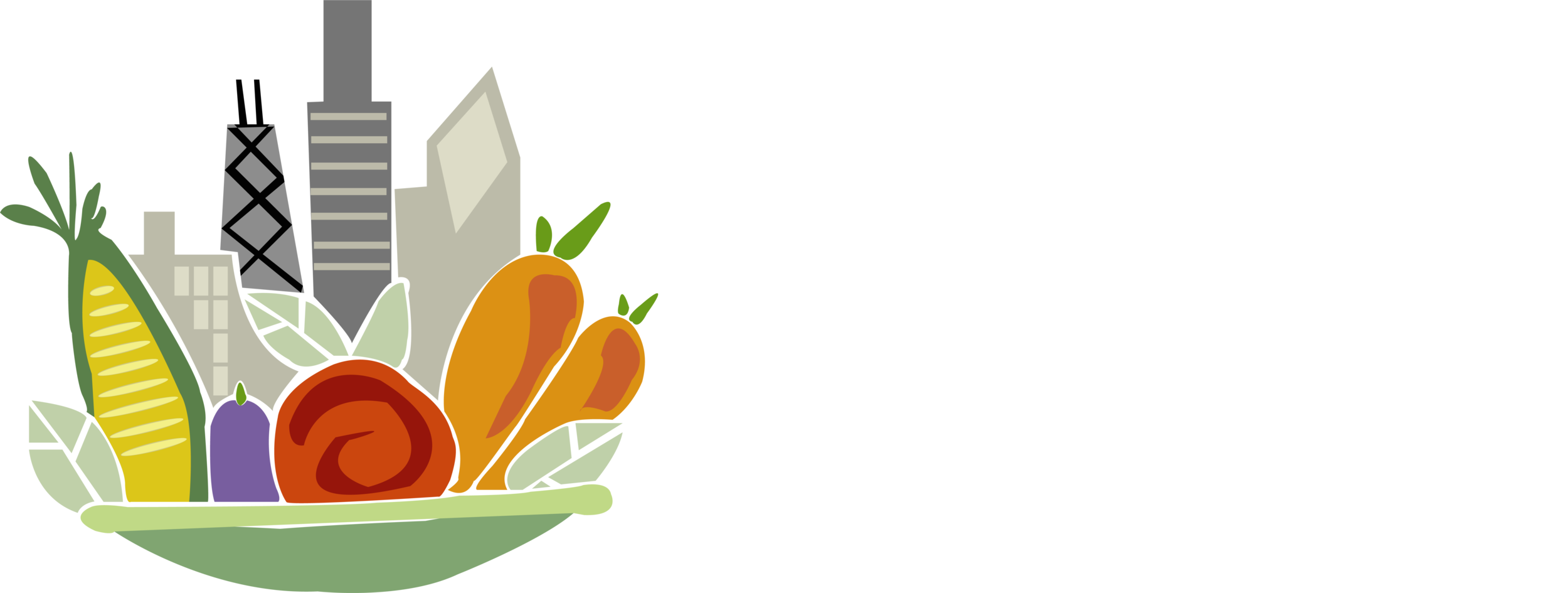Chicago Food Policy Action Council Applauds Cook County Adoption of Good Food Purchasing Program
CHICAGO, ILLINOIS – Today, the Chicago Food Policy Action Council (CFPAC) applauded the Cook County Board of Commissioners for adopting public policy that will transform the way county agencies purchase food and will return millions of dollars to local food based businesses, urban farmers and entrepreneurs. By adopting a resolution calling for the Good Food Purchasing Program (the Program), Cook County became the largest municipality in the nation to take a forward-thinking approach to the systems delivering healthy, local, fair, humane, and sustainable foods.
When fully implemented, the Program will set guidelines on how agencies such as Cook County Health and Hospitals System and Cook County Jail identify and purchase sources of healthy food. The bill was championed by Commissioner Jesus “Chuy” Garcia (D-7th) and co-sponsored by Commissioners John Fritchey (D-12th), Richard Boykin (D-1st), and Stanley Moore (D-4th). Cook County spends $20.6 million on food across various agencies.
Cook County Good Food Purchasing Program Resolution #18-1650 also stands alone for supporting incentives and support for emerging and existing farmers combined with access to surplus and underutilized County-owned and -controlled land. Cook County’s resolution is a significant step forward in pushing local government’s food procurement contracts to benefit the residents, communities and enterprises who can gain the most and who have not had access to these resources in the past. The resolution does this through prioritizing incentives, support and preference for:
Businesses hiring in low-to-moderate income communities and persons with prior arrests and/or prison records;
Access and control over County-owned land for minority-owned/controlled social enterprises and land trusts for farming; and,
Farms growing organically and using bio-intensive methods.
“We are very appreciative of the leadership Commissioner Jesus ‘Chuy’ Garcia has taken to champion the Resolution with the Board of Commissioners,” said CFPAC Executive Director Rodger Cooley. “Commissioner Garcia and the leadership of the Cook County Social Innovation Commission have propelled the national good food purchasing movement to use government purchasing to support improved equity in the areas of Cook County needing the most support.”
Rodger Cooley, Executive Director, testifies in front of the Cook County Health and Hospitals Committee
“The policy we have created today is a bold new way to move our communities towards a healthy future. It supports government agencies and offices throughout Cook County to create policies that promote sustainable foods, local farming, the humane treatment of animals as well as protecting worker safety. I am proud that the Cook County Commission on Social Innovation was able to bring this idea to fruition,” stated Commissioner Garcia.
“The Social Capital Committee of the Cook County Commission on Social Innovation was delighted to recommend the adoption of a Good Food Purchasing Policy for Cook County. This policy will ensure that Cook County residents receive healthy foods and have greater participation in the economic and job opportunities generated by the food industry,” said Victor B. Dickson, president and chief executive officer of the Safer Foundation.
Attorney Marc J. Lane, vice-chair of the Cook County Commission on Social Innovation which incubated the policy, applauded the County’s prompt and positive action, “Cook County has once again exercised extraordinary leadership as the nation’s first county to adopt a comprehensive good food purchasing policy. May other government units soon follow its lead.”
“Chronic disease prevention and control and health equity are community priorities in suburban Cook County,” said Dr. Terry Mason, chief operating officer of the Cook County Department of Public Health. “By improving the quality and health of foods served at Cook County facilities while providing economic development opportunities for local food providers, the Resolution supports addressing both of them.”
In 2017, CFPAC successfully partnered with the City of Chicago and its sister agencies to adopt the Program. The policy was first adopted in 2012 by the City of Los Angeles and has emerged as a national mode, with at least a dozen cities actively working on adopting the Program across the country. What makes the County policy unique is that it is the first municipal-adopted Good Food Purchasing Program to explicitly prioritize opportunities for businesses, entrepreneurs, employees, and workers that are from, directly support, or are located in low-income communities throughout Cook County.
Overall, the Good Food Purchasing Program functions under five core values that work to:
Strengthen regional food economies to create new, good-paying jobs,
Reduce the environmental impacts of food production,
Promote fair treatment for food system workers,
Ensure the humane treatment of animals, and,
Encourage healthy food procurement and preparation and a healthy food service environment.
The Center for Good Food Purchasing houses the national initiative and facilitates expansion and implementation efforts across the country. “The vision of the Good Food Purchasing Program is to build a more transparent and equitable food system,” noted Colleen McKinney, associate director of the Center for Good Food Purchasing headquartered in California, “The steps Cook County is taking to create opportunities for farmers and businesses that are typically shut out of institutional food supply chains is an exciting model for the dozens of school districts and municipal governments we work with throughout the country. Imagine the change that is possible if every new adopter makes a similar commitment through the Program.”
The legislation will also benefit food workers and local food enterprises throughout Chicago and the 29 townships that make up the municipality.
“Cook County’s Good Food Purchasing Program is not only expected to redirect millions of dollars to local producers, businesses, and communities, but also create the infrastructure to improve wages and working conditions for hundreds of thousands of Cook County food workers and their families,” said Jose Oliva, co-director of the Food Chain Workers Alliance and CFPAC Board member.
Added Erika Allen, co-founder and CEO of Urban Growers Collective and CFPAC Board president, “Cook County’s Good Food Purchasing Program resolution will help open doors for the emerging producers from the South and West sides in Chicago and Cook County to have access to land, resources and markets.”
